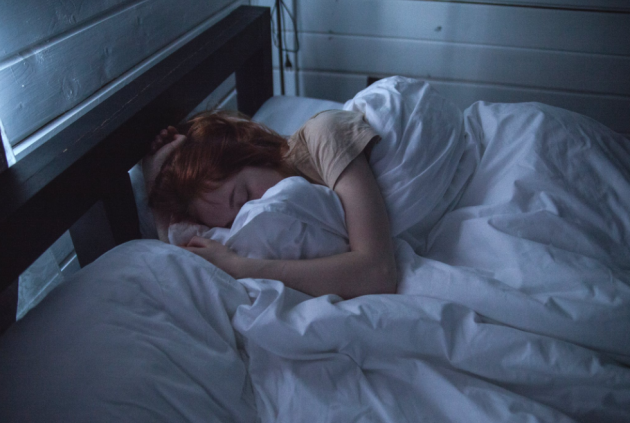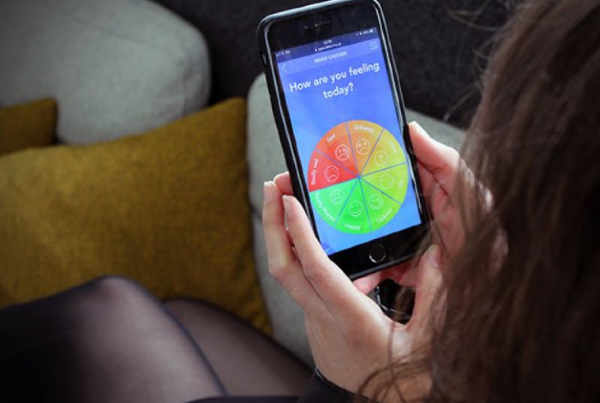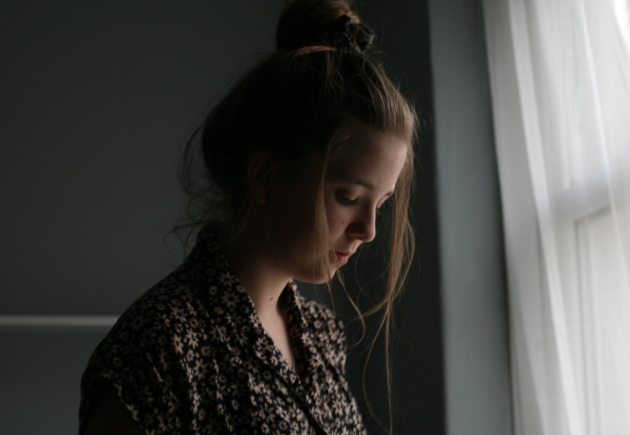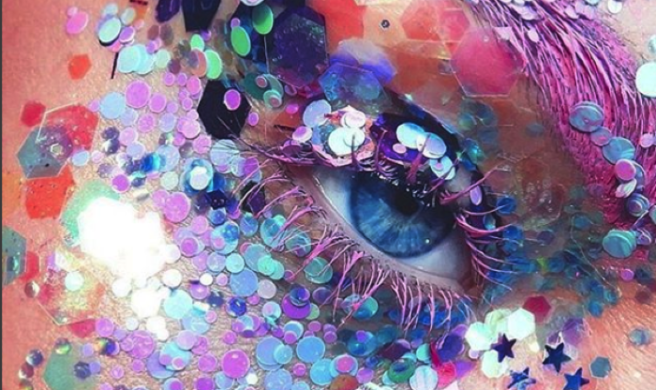By Shauna Coen
Most of us have a friend who 'just needs to vent' on a regular basis.
She calls you up at all hours, blind to the fact it’s 2am on a Tuesday, to unload the latest crisis in her drama-filled relationship with the same man you’ve repeatedly implored her to break up with.
Whether you’re a self-proclaimed therapist or the great responsibility of giving advice was bestowed upon you unwillingly, giving guidance and support is what makes a good friend. But what if shouldering that role starts to take a toll on you emotionally?
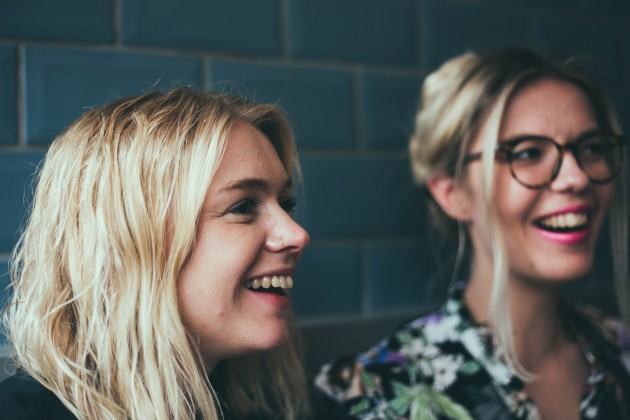
'You’re such a good listener.' 'You give great advice.' I’ve been told these lines numerous times by friends.
They filled me with warmth and buckets of pride. Most people need an outlet to unload all their concerns and problems that arise in their lives, and for a long time I wanted to be that sounding board for my friends. It stemmed from a desire to be needed – to be the person someone could rely on.
In secondary school I was the friend who’d spend her lunch in the girls’ bathroom, comforting a friend over a poor grade or offering advice on a case of unrequited love. I rarely missed an opportunity to prove my worth as a friend.

Lending an empathetic ear and offering advice to those close to me felt rewarding. But recently it started to become too much. The weight of my friends’ problems was dragging me down. They had become overly dependent on me for support and coupled with my own challenges in life, a burnout was imminent. But what could I say?
Nowadays, if you mention that you’re unavailable, you’re automatically thrown into the bad friend category.
People can get defensive and arguments can form over a lack of understanding. Even the smallest sign of feeling overwhelmed by other people’s personal problems can be regarded as a character flaw if it is not communicated properly. According to Siobhan Murray, a behavioural change therapist at Twisting The Jar, these situations can be avoided by creating 'healthy boundaries.'

'It’s about creating our own personal boundaries, looking after ourselves first in order to be a good friend' says Murray. After all, how helpful can we really be if we’re constantly feeling drained or overwhelmed? 'I think regardless of age, Irish people equate self care with being selfish.'
That our friends wouldn’t like us if we say no or 'sorry, I can’t help.' In her book, The Four Tendencies, best-selling author Gretchen Rubin breaks down what she denotes as four different personality profiles – Upholder, Questioner, Obligor and Rebel.
The obligor is the person who puts everyone else first. They don’t like to see anyone hurting and they feel that they can help. As quite a sensitive person I knew I perfectly matched these characteristics. When it comes to one-sided relationships, the person that’s left out in the cold can start to feel bad about the entire arrangement.
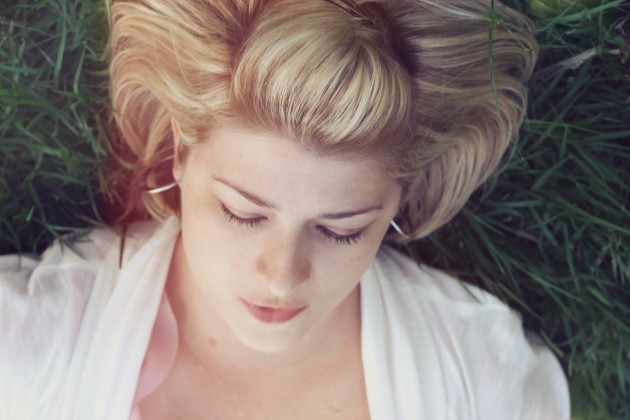
I was absorbing all their stress but no one was listening to me and feelings of resentment were creeping in.
'If we don’t look after ourselves first and we’re constantly saying yes to our friends, then long term it can lead to resentment because it’s not being reciprocated and as human beings, we valued being valued. If we’re not being valued, we can resent,' says Murray.
A lot of the time, friends just want an ear to listen to but what can happen is we get sucked in and think we need to fix it or give an opinion and get emotionally involved. 'Sometimes just offering an ear to listen to and be able to say “look, I don’t have the answers to this but I’m here for you” is enough,' says Murray.
But how can you tell a friend you need to step back without hurting them in the process? Murray suggests that discussing anything regarding boundaries should be dealt with using kindness and love and must come from a good place. 'If you say, “you know what I’m free at this certain time; unfortunately I can’t speak right now because I’m in work"' or wherever you are.

'Then if that friend takes that up as you don’t care, that’s their problem, not yours,' says Murray. My friend who was dealing with issues at work kept calling to give late night monologues despite my quiet protests that I was up for 7am. Although I really did care for her, my words were not genuine because I was honestly tired of listening.
I was not in a position to offer real compassion and understanding.
'In cases like this it’s important to take a step back and acknowledge that they are hurting. But you shouldn’t have to suffer, being a good friend doesn’t mean you are required to feel exactly how they feel,' says Murray.

Instead of digging myself further into a hole, I spoke out, not only to her but a few friends and explained that there needed to be some boundaries. A girl needs her beauty sleep.
They took it surprisingly well and I was able to work through my own obstacles and challenges in life which in the end gave me more time to spend with my friends and actually be present.
We’re all so bad at setting our own boundaries.
But one of the key ingredients of a healthy friendship is a sense of balance. Being empathetic can be a wonderful, endearing trait.
Just don’t forget that your own needs are met too- be a good friend to yourself.



